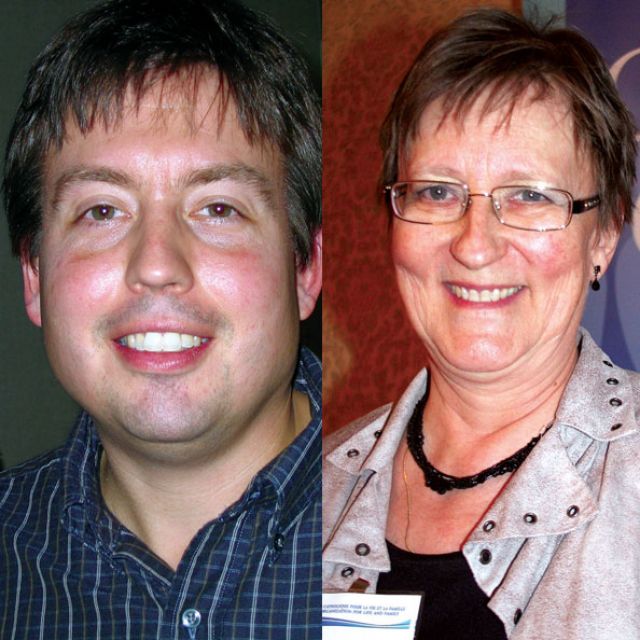Schadenberg said he knew 72-year-old Susan Griffiths faced “difficult circumstances” with a rare degenerative disorder called Multiple System Atrophy, but that shouldn’t change our laws when it comes to assisted suicide.
“This is one sad story of a woman but the laws are there to protect all Canadians,” said Schadenberg. “What we need to recognize is one case does not make a need to change the law.”
Griffiths publicized her trip to a Dignitas Clinic in Switzerland where assisted suicide is legal. She told the CBC on the day before she died she hoped people would inform their Member of Parliament they want the law changed.
“It’s very important that people feel in the future that they have control over their life and death,” Griffiths told the CBC’s Donna Carreiro. “And I have not felt that control in the last year or so, and it’s been distressing for me.”
“Susan Griffiths’ story is a very sad one, but in considering the questions of euthanasia and assisted suicide, it is essential that we keep focused on the bigger picture, not only on individual rights,” said Catholic Organization for Life and Family (COLF) director Michele Boulva. “We need to ask ourselves what will promote the common good.
“Do we really want to live in a country where some citizens have the right to kill others or where enabling the terminally ill — or, for that matter, anyone — to kill themselves is equated with kindness?”
Schadenberg pointed to the rights of disabled, and chronically ill individuals who could be endangered by a change in the law. One commentator on the coalition’s Facebook page who goes by the name of “Ironsides” has been outspoken about the effect changing the law would have on him, Schadenberg said. Ironsides lives in Montreal, totally dependent on others for his care. If assisted suicide and euthanasia are legalized, Ironsides has said people will “start looking at him differently,” Schadenberg said.
On Schadenberg’s blog, one of the most widely read posts was by Amy Hasbrouck of Toujours Vivant-Not Dead Yet: A Project of the Council of Canadians with Disabilities, who pointed out suicide prevention should encompass disabled and ill people as well as other vulnerable groups.
“Suicide prevention policies and services should be applied equally to disabled and non-disabled people, without bias or prejudice about the quality of life with a disability,” said Hasbrouck.
“The reasons she gives for wanting to kill herself are related to disability, needing help with personal care and other daily activities, having to use adaptive equipment, losing independence,” she said. “The subtext is that, as a person with a disability, she believes she will be less worthy, less dignified, less than fully human.”
“Human life is of supreme value or it is of relative value,” said Boulva.
“As a society, once we allow ourselves to say that life is of relative value we have also said that some class of persons is or should be equipped to determine if any particular life has value. The gravity of the implications can hardly be overstated.”

